|
Short film focuses on Kamal Hussein, a Rohingya refugee himself, dedicated to reuniting lost children with their families
A campaign of ethnic cleansing has driven hundreds of thousands of Rohingya from their native Myanmar into refugee camps in Bangladesh, but despite the scale of the humanitarian crisis the calamity has received scant international attention.
Oscar-winning filmmaker Orlando von Einsiedel is helping to change that. Over the Labor Day Weekend, he premiered Lost and Found at the Telluride Film Festival, a documentary short that gives a sense of life within the world's largest refugee camp. It's just vast, so lots of people get lost in that chaos. There's hundreds of thousands of people walking around, there's no sort of obvious 'streets.' It's very hectic.
"It's such a difficult story," von Einsiedel told Nonfictionfilm.com in Los Angeles, shortly before he headed to Telluride. "The level of ignorance in the public speaks to a lack of understanding about this issue."
Von Einsiedel told me he wanted to craft a story that would strike viewers at an emotional level. He found it in the person of Kamal Hussein, a Rohingya man who fled violence against his ethnic community in Myanmar almost 30 years ago, and has lived in the refugee camp in Bangladesh ever since. "We latched on a story about this incredible man, Kamal Hussein, who's devoted his life to trying to reunite families torn apart in the violence," von Einsiedel says. "That is just a fundamental human story that people can connect to."
In a camp teeming with people, it's easy for small children to become separated from their families.
"Lots of people get lost in that chaos," von Einsiedel notes. "There's hundreds of thousands of people walking around, there's no sort of obvious 'streets.' It's very hectic." To facilitate reunions Hussein set up a makeshift booth outfitted with a megaphone and a public address system. "If any of you have lost children or a family member, please come here," Hussein tells his fellow camp residents in one scene, his voice crackling over the p.a. "Give me the details and I will try to find them." The film pictures Hussein in his booth, trying to comfort one frightened child after another hoping for a parent or loved one to appear. "He personally reunited well over 1,500 people, kids who just got lost in this camp," the director says. "It's hard to describe just how vast this [camp] is." Everyone there is innocent in that camp... No one should be in that situation.
Some hoped-for reunions are unsuccessful - in cases where a lost child has become orphaned in the flight from Myanmar.
"Families just got torn apart when they were fleeing in the chaos and people had to cross very dangerous rivers. Lots of people died doing that," von Einsiedel explains. "And then they cross into Bangladesh, it's all pandemonium and [children] didn't know where their families had gone or whether or not they were still alive."
Lost and Found is one of the first two films acquired by National Geographic Documentary Films as part of its newly-announced expansion into short form documentaries. The other is The Nightcrawlers, directed by Alexander A. Mora and produced by Joanna Natasegara - von Einsiedel's producing partner on the Oscar-winning short The White Helmets.
The Nightcrawlers - about the bloody impact of Filippino President Rodrigo Duterte's war on drug dealers and users - will screen theatrically in tandem with Lost and Found for a week at the Metrograph in New York. The films will premiere on the National Geographic Channel in October. "You sort of gravitate toward the network who seem the most passionate about the film," von Einsiedel says of his decision to pair with National Geographic (The White Helmets was released by Netflix). "We could feel that energy, that passion [from National Geographic] to do this and it just seemed like it made really good sense."
Lost and Found is presented in association with the Nobel Prize. Von Einsiedel and producer Mark Bauch reveal the project originated with that august institution.
"The Nobel Prize organization wanted to highlight the legacy of some of their past Peace Prize winners and we latched onto UNHCR, the UN refugee agency, which has won the Nobel Peace Prize twice," von Einsiedel comments. "It began by [searching for] a story involving UNHCR and so we were looking at what are the most active situations they're involved in, which almost immediately drew us to what's happening on the border between Myanmar and Bangladesh." In an irony that will not escape those familiar with Nobel history, the plight of the Rohingya is connected to a previous Peace Prize winner, Myanmar's civilian leader Aung San Suu Kyi. She was awarded the prize in 1991 for defying her country's military rulers, a dissident stance that led to her detainment under house arrest for over a decade. But in recent years she has become known as "an enabler of ethnic cleansing," as the New York Times put it, for her failure to stand up for the persecuted Rohingya minority. "Globally, we look for heroes and we put them on a pedestal and I think with her the world did that. And actually we put her far too high and she's lived up to being a fallible human being. I don't say that in any way to excuse her. Her actions are despicable," von Einsiedel declares. "Even aside from whatever real power she has, she hasn't spoken out about this issue. She's actually defended the military. In no way has she behaved in the way that should have been expected of her as a Nobel Peace Prize winner, but also I would just say as a human being. It's disgusting."
Aung San Suu Kyi may or may not be a lost cause, but aiding the Rohingya will hinge largely on whether the world becomes more sensitized to the enormity of the displacement involved. Von Einsiedel believes there are a number of reasons why the humanitarian emergency has been given comparatively short shrift in Europe and the U.S.
"First and foremost it's completely non-strategic for Western countries, really. There's no oil there. There's no key resources that are threatened. These aren't refugees that are really going to reach Europe or the U.S.," he notes. "That's definitely one reason the media attention's been scarce." He adds, "I'd also say there is a really dangerous pattern that we're seeing across the world over the last few years and it's that people or regimes or dictators who commit atrocities and war crimes against their own citizens or the citizens of another country, there's almost complete impunity. The consequences of doing that are so low now and we've been seeing it in Syria for the last eight years... We see what's happening in Yemen as well [with] Saudi Arabia's behavior. And this is a pattern that keeps happening. To me it's fairly clear that at some point there was a calculation by the military in Myanmar and somebody thought, 'We can probably get away with this. The consequences are not going to be that bad.'" |
AuthorMatthew Carey is a documentary filmmaker and journalist. His work has appeared on Deadline.com, CNN, CNN.com, TheWrap.com, NBCNews.com and in Documentary magazine. |
- Home
- News
- Videos
-
Galleries
- 2019 Tribeca Film Festival
- Full Frame Documentary Film Festival
- 2019 SXSW Film Festival
- SXSW 2018 Gallery
- 2019 Sundance Film Festival
- Outfest 2018 Photo Gallery
- Outfest 2017
- Sundance 2018 Photos
- 2017 LA Film Festival
- 2017 Cannes Film Festival
- Tribeca Film Festival 2017
- SXSW 2017 Gallery
- 2017 Berlin Film Festival
- Sundance 2017 Gallery
- 2016 Los Angeles Film Festival
- Cannes Film Festival 2016
- SXSW 2016 Gallery
- Berlinale 2016 Gallery
- Sundance 2016 Gallery
- Filmmaker Gallery
- About
- Contact
Proudly powered by Weebly
- Home
- News
- Videos
-
Galleries
- 2019 Tribeca Film Festival
- Full Frame Documentary Film Festival
- 2019 SXSW Film Festival
- SXSW 2018 Gallery
- 2019 Sundance Film Festival
- Outfest 2018 Photo Gallery
- Outfest 2017
- Sundance 2018 Photos
- 2017 LA Film Festival
- 2017 Cannes Film Festival
- Tribeca Film Festival 2017
- SXSW 2017 Gallery
- 2017 Berlin Film Festival
- Sundance 2017 Gallery
- 2016 Los Angeles Film Festival
- Cannes Film Festival 2016
- SXSW 2016 Gallery
- Berlinale 2016 Gallery
- Sundance 2016 Gallery
- Filmmaker Gallery
- About
- Contact

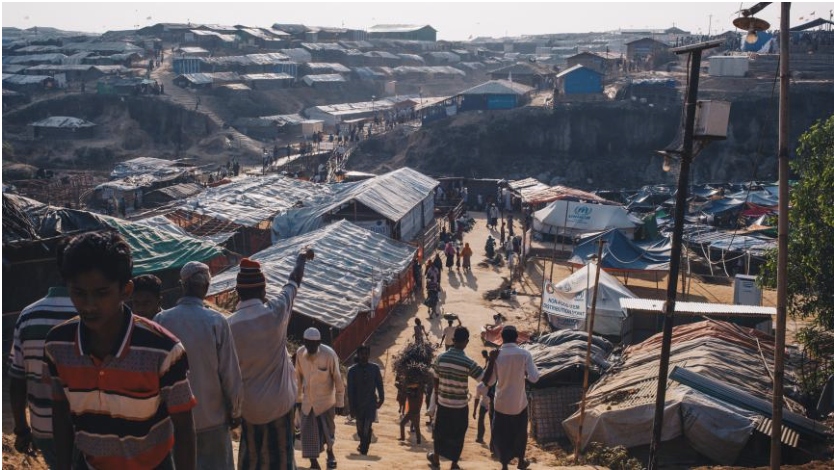
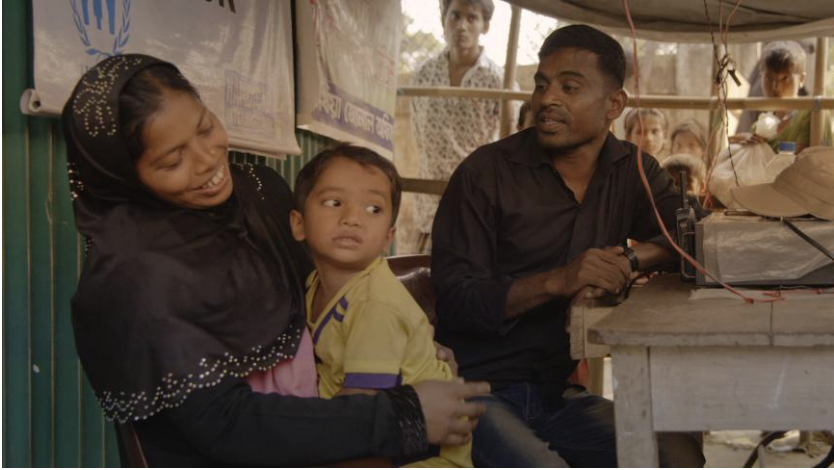
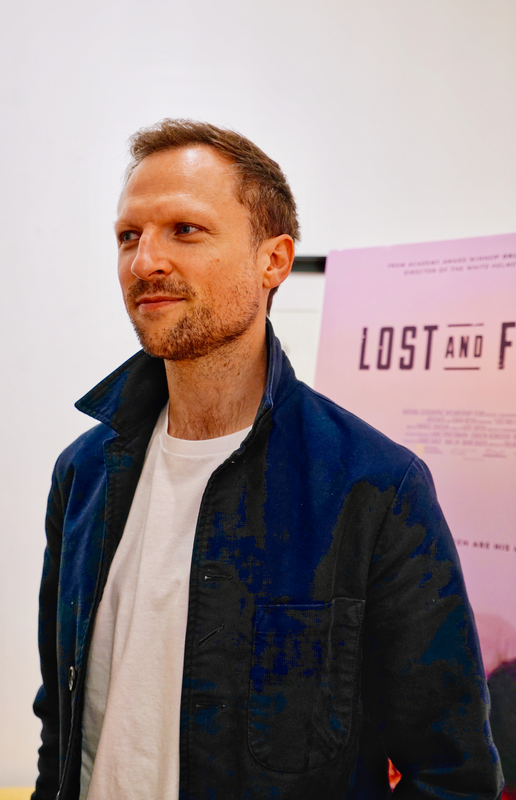
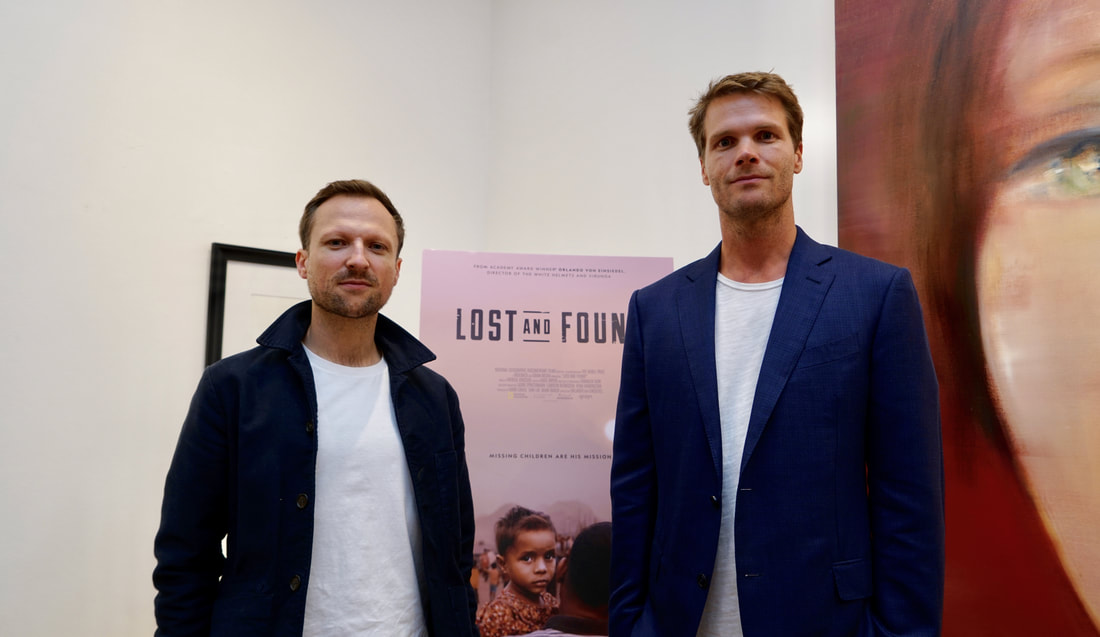
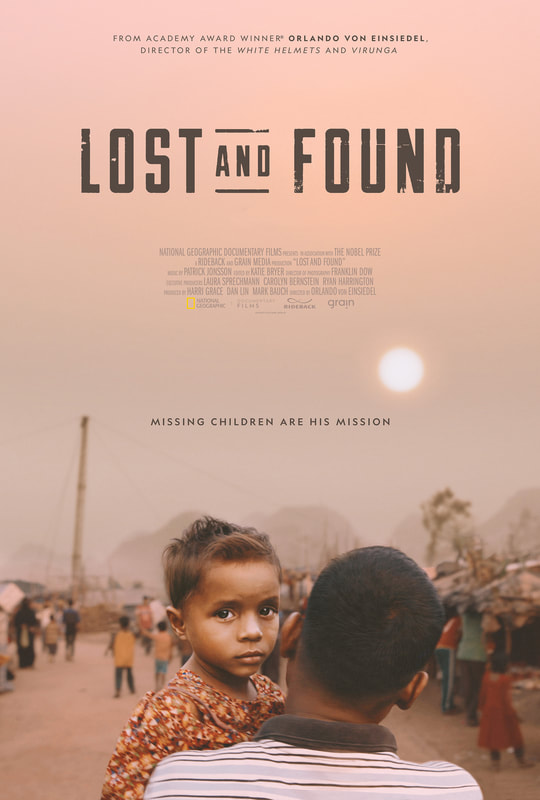
 RSS Feed
RSS Feed